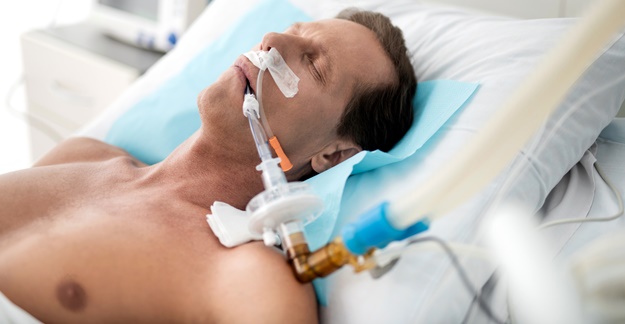Every year, millions of people that are hospitalized experience delirium, and yet the antipsychotics drugs most commonly given to them aren’t effective in controlling it.
Researchers looked at 566 seriously ill patients who were either on mechanical ventilation or in shock and became delirious. The patients then received either Haldol (haloperidol), an older antipsychotics, or Geodon (ziprasidone), an atypical antipsychotic, or placebo. Results for antipsychotics studies showed that the delirium lasted roughly the same time for patients in each group, and they spent the same time on a ventilator, the researchers reported in the New England Journal of Medicine. In addition, there were no differences in the treatment groups in terms of survival.
Both Haldol and Geodon are associated with a risk of severe side effects, including cardiovascular effects and tardive dyskinesia. Like all antipsychotic drugs, they contain a “black box” warning about an increased risk of death if the drugs are used in elderly patients with psychosis as a result of dementia.
The researchers noted that more than 7 million people experience delirium in the hospital each year.






